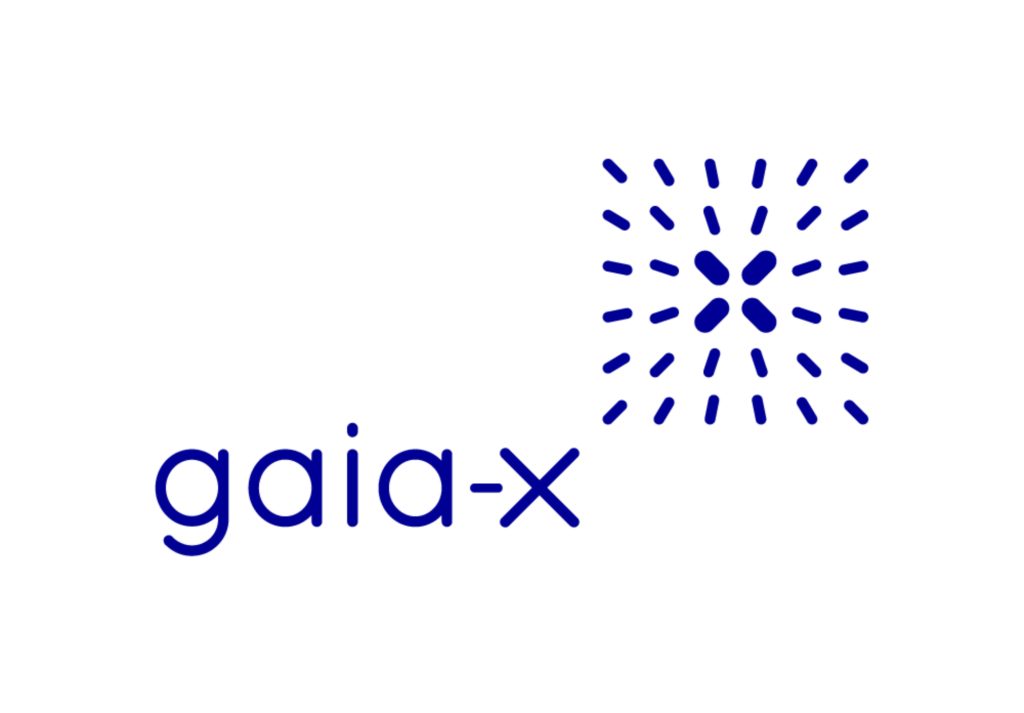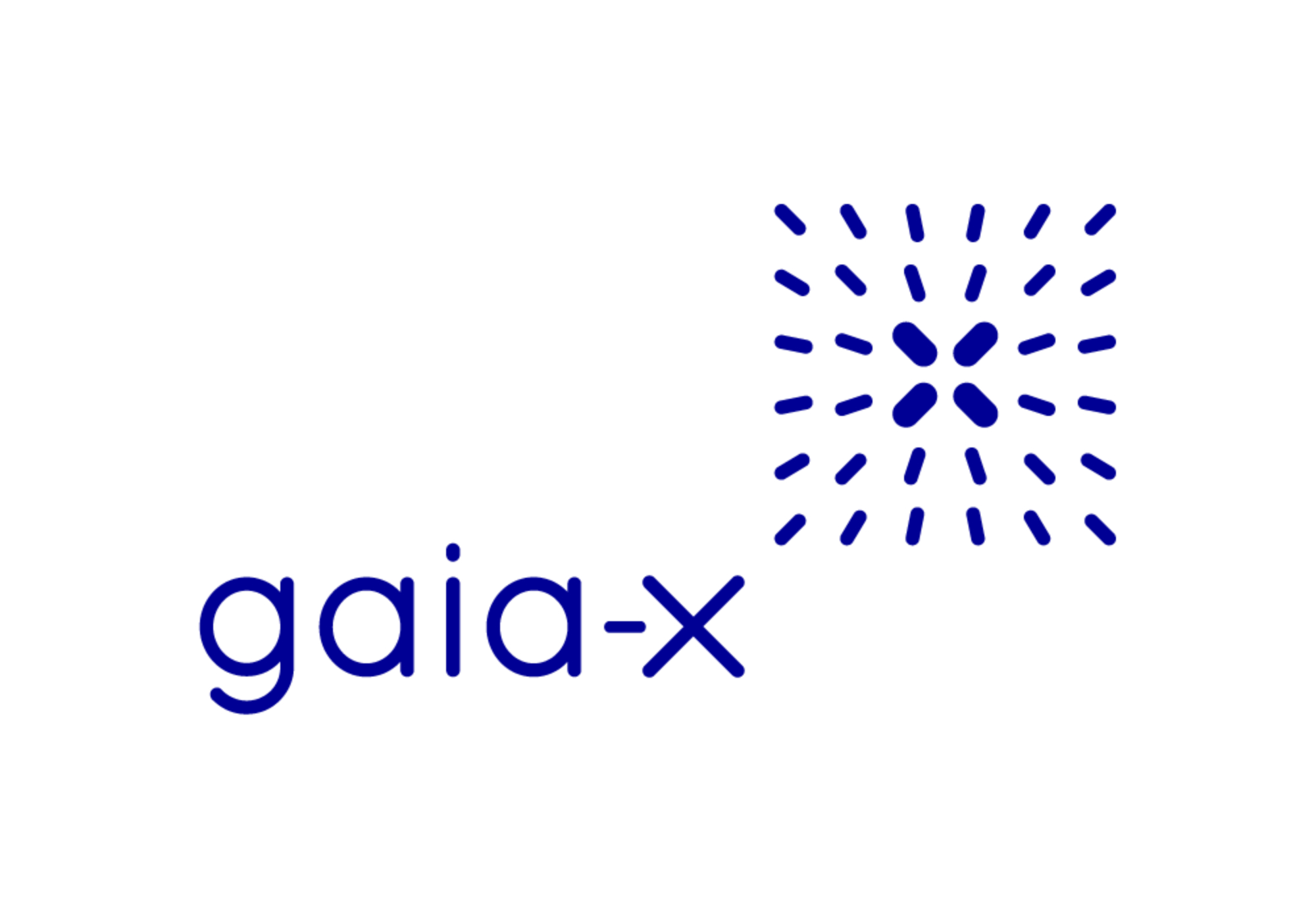Gaia-X is a European non-profit initiative that was founded to create a secure, federated and interoperable data infrastructure, rooted in European values such as transparency, openness, data protection, and digital sovereignty. The association develops the Gaia-X Trust Framework, which enables data spaces and services to operate transparently and securely across different providers and countries.
The association brings together over 250 members from industry, research, and public institutions to define and implement the architecture, policy rules, and certification mechanisms needed to ensure a trustworthy digital ecosystem.
What are the main areas of activity of the organization?
The main aim of Gaia-X is to establish a federated, secure, and trusted data ecosystem that empowers European and global businesses and governments to share and use data under European laws and standards. This ecosystem aims to ensure data sovereignty, promoting innovation while providing transparency, trust, and interoperability. The vision is for Gaia-X to enable secure data spaces where businesses can collaborate while maintaining full control over their data, ensuring it is used in line with their policies and European regulations.
To reach this goal, Gaia-X has a four pillars strategy:
- We will enhance end-user adoption by amplifying reference stories via use case testimonials to showcase successful implementations. Additionally, Gaia-X actively engages policymakers to support and advocate for the initiative across Europe, ensuring alignment with the regulatory framework provided by the Data Governance Act, the Data Act and the AI Act. Collaboration with Cloud Service Providers, including Hyperscalers, is pursued while adhering to Gaia-X’s principles, safeguarding data sovereignty. Furthermore, Gaia-X aims to expand its presence by establishing Hubs in European countries where its presence is not yet fully established.
- We focus on ensuring the market readiness of our technology through strategic collaborations with the Data Spaces Business Alliance (DSBA) and Free Open Source Software (FOSS) communities. Strengthening partnerships with funded projects at both EU and member state levels, like the Data Spaces Support Center (DSSC) and SIMPL, including lighthouse projects, is crucial to enhancing the functionality of the Gaia-X technology. Additionally, we prioritise providing regular deep dive sessions utilising Gaia-X de-facto standards to showcase how Data Spaces, based on a federated Cloud infrastructure, can be effectively realised. The new Gaia-X Academy will increase the global knowledge about Gaia-X concepts and technologies.
- Our globalisation strategy involves partnering with international members and leveraging Gaia-X Hubs to expand our presence worldwide. Additionally, we aim to include other regions in the process of defining labels tailored to their territory, promoting inclusivity, Interoperability and collaboration. The labels are based on national standards, for example the French SecNumCloud or the German BSI C5.
- We prioritise the growth of our ecosystem, providing added value for organisations to join Gaia-X. This includes catering to the needs of large corporates seeking global reach, start-ups and SMEs for innovative solutions, and engaging developers and universities for technological excellence.
What’s the news for 2025 about new directions?
In 2025, Gaia-X is extending its Trust Framework to reflect domain-specific and geographic requirements, with adaptations in countries like Switzerland and Japan. We also launched the Global Advisory Board (GAB) to strengthen collaboration beyond Europe, including with stakeholders in Asia and North America. Moreover, our Service Provider Sounding Board brings together major cloud players to align Gaia-X architecture with real-world deployment needs, showing Gaia-X as a common enabler across the AI, cloud, and data space ecosystem.

What can you tell us about market trends?
The market is moving toward interoperable, decentralised digital infrastructure, especially in response to growing regulatory frameworks like the EU Data Act, the AI Act, and sectoral data space initiatives. Enterprises are looking for ways to share data securely and compliantly, without being locked into one provider. We also see increasing demand for Digital Public Infrastructure (DPI), particularly in energy, health, and mobility, and Gaia-X is already aligned to meet these needs with scalable, open-source-ready solutions.
What estimations do you have for the second half of 2025?
We anticipate a continued acceleration in data space deployments, with more projects moving from pilot to production, especially in key industrial sectors. The Gaia-X compliance and labelling system is expected to be adopted by public authorities in procurement frameworks. We also foresee the first Gaia-X certified ecosystems emerging outside Europe, helping scale sovereign and interoperable data spaces globally. Our focus in Q3-Q4 2025 will be on driving adoption, supporting SMEs, and ensuring Gaia-X components are seamlessly integrated with emerging regulations and digital policies.


